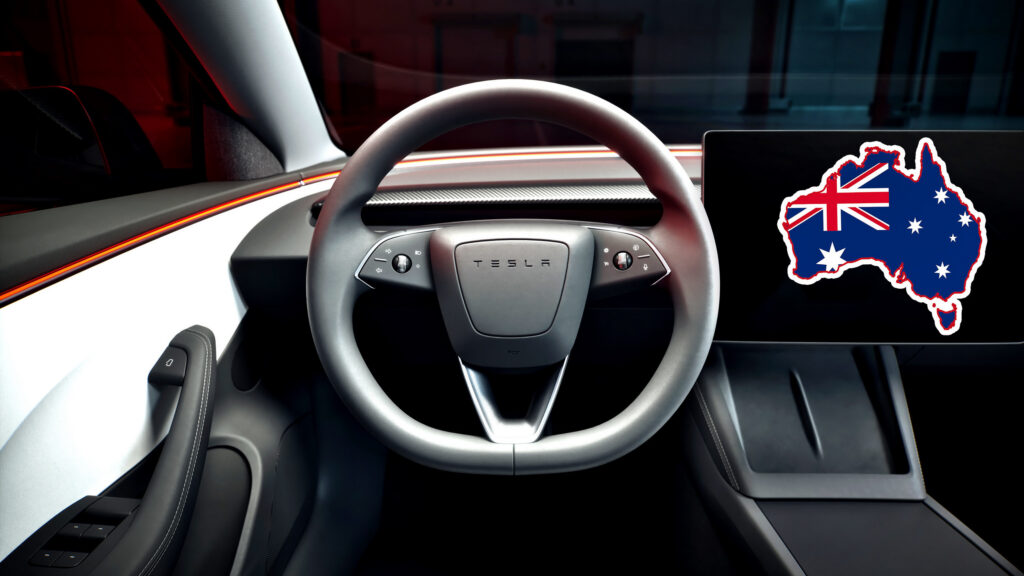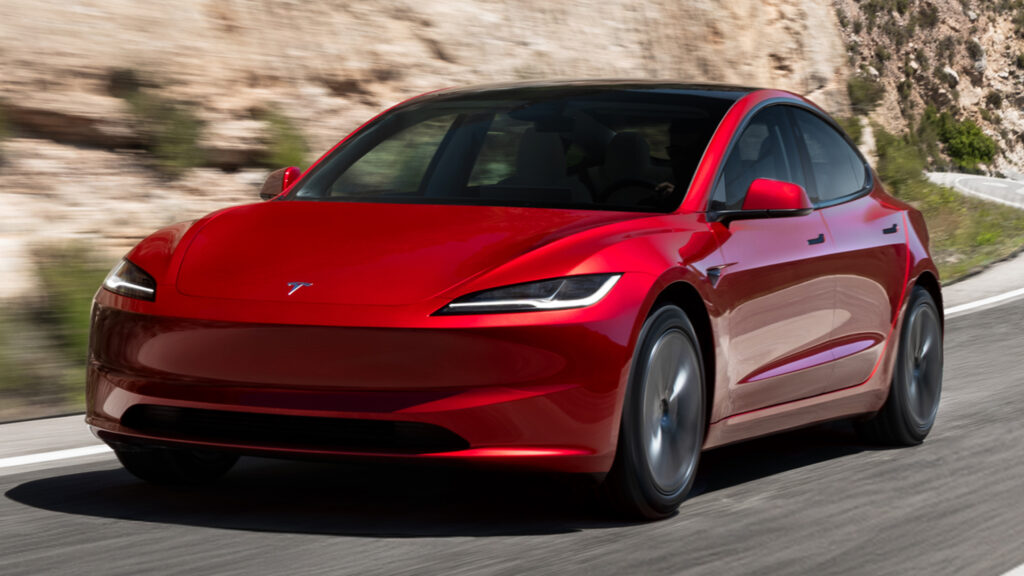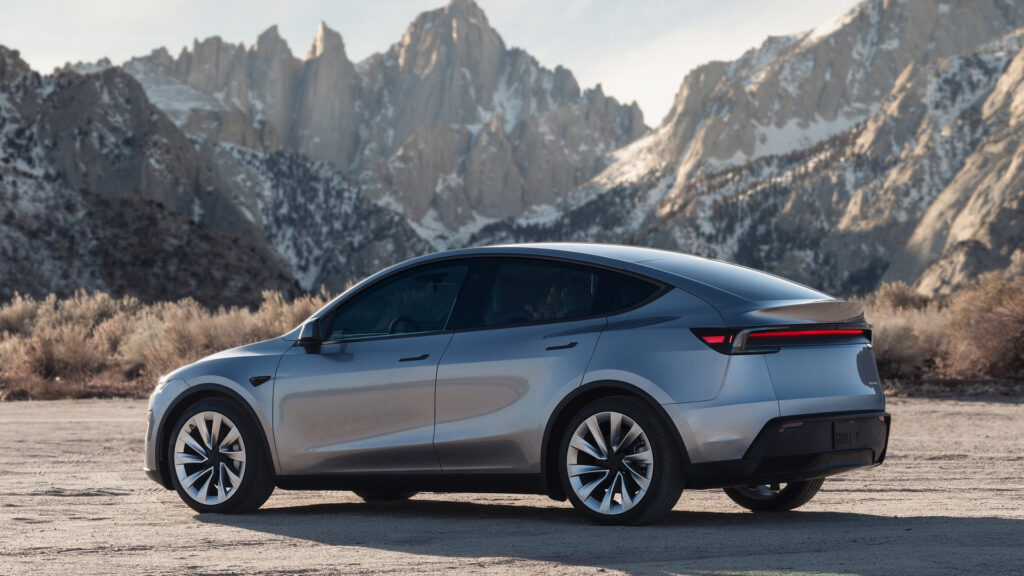
- Numerous owners have complained about phantom braking at highway speeds.
- The class action also takes issue with Tesla’s range and Autopilot claims.
Tesla’s troubles are stacking up like traffic on the 405 during a power outage. Between falling sales, public backlash, and a growing list of lawsuits including one in France over Musk’s antics, the electric automaker finds itself in yet another international legal mess. This time, it’s not just the usual social media outcry or a shareholder spat, but a pair of class actions in Australia, with customers calling out everything from phantom braking to misleading marketing.
var adpushup = window.adpushup = window.adpushup || {que:[]};
adpushup.que.push(function() {
if (adpushup.config.platform !== “DESKTOP”){
adpushup.triggerAd(“0f7e3106-c4d6-4db4-8135-c508879a76f8”);
} else {
adpushup.triggerAd(“82503191-e1d1-435a-874f-9c78a2a54a2f”);
}
});
We first reported on the lawsuit back in February, and new developments show it has officially made its way into the Federal Court. Around 10,000 Tesla owners in Australia have now joined the class action, suggesting that concerns about the vehicles are far from isolated.
Read: Tesla Sued In Australia For Overpromising Range, Phantom Braking, Misleading FSD
The lawsuit, brought by law firm JDA Saddler, claims that Tesla vehicles have a troubling tendency to slam on the brakes without warning. One owner told ABC News his car abruptly slowed down while he was driving on a major highway, an experience that’s becoming all too familiar among Tesla drivers.
Rebecca Jancauskas of JDA Saddler says the firm has received numerous reports of vehicles braking suddenly while traveling at highway speeds at 100 or even 110 km/h (62 to 68 mph). And importantly, these incidents aren’t limited to when Autopilot is turned on. Drivers have reported the same problem even when they’re fully in control.
“Drivers have reported feeling completely terrified when their vehicles have braked suddenly, and it has led in some cases to collisions,” Jancauskas told ABC. “We’ve had many reports of people who registered for this class action, telling us that they’ve been driving with their hands on the vehicle, fully alert, and these issues have occurred nonetheless.”
Claims About Range and Autonomy Under Fire

Beyond the braking problem, the lawsuit also targets Tesla’s advertised driving range. It says the brand’s EV “lack the ability to achieve, or come close to achieving, the advertised maximum range or the range displayed on the vehicle’s dashboard when the battery level is greater than 50%.” The lawsuit claims that Tesla has known its vehicles cannot achieve their mileage claims for several years, yet has done nothing to address it.
In addition, the lawsuit takes issue with Tesla’s Autopilot system, noting “the hardware on Tesla vehicles is incapable of supporting fully autonomous or close to autonomous driving.”
var adpushup = window.adpushup = window.adpushup || {que:[]};
adpushup.que.push(function() {
if (adpushup.config.platform !== “DESKTOP”){
adpushup.triggerAd(“bb7964e9-07de-4b06-a83e-ead35079d53c”);
} else {
adpushup.triggerAd(“9b1169d9-7a89-4971-a77f-1397f7588751”);
}
});
Although more than 10,000 owners have signed on to the class action, Australia’s federal infrastructure department says it has received only six formal complaints about phantom braking. That discrepancy raises questions about the reporting process, but it doesn’t necessarily undermine the broader concerns voiced by Tesla drivers across the country.
var adpushup = window.adpushup = window.adpushup || {que:[]};
adpushup.que.push(function() {
if (adpushup.config.platform !== “DESKTOP”){
adpushup.triggerAd(“bb7964e9-07de-4b06-a83e-ead35079d53c”);
} else {
adpushup.triggerAd(“9b1169d9-7a89-4971-a77f-1397f7588751”);
}
});
